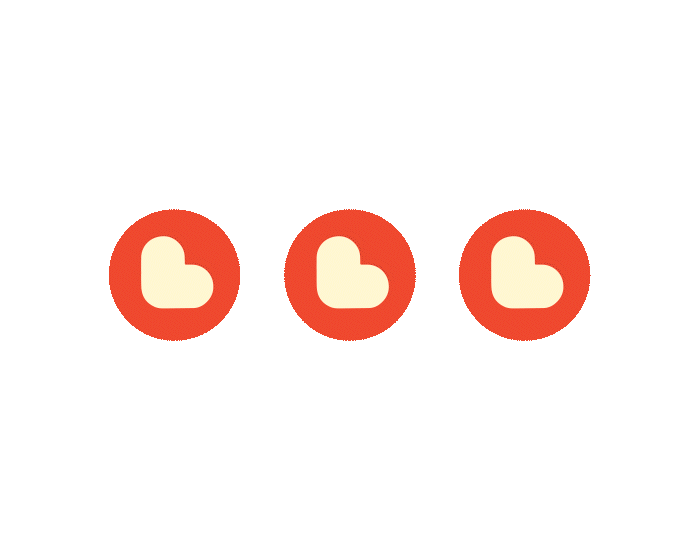
Dublin


It's no surprise that there are dozens of myths circulating about caffeine. After all, it accounts for a staggering 32% of our drinks market – and like any drug, it has a wide range of interconnected and sometimes almost contradictory effects on our bodies.
So does it make you more or less tired? More or less stressed? Does it cause cancer, boost concentration, or even make your breasts smaller?
We've pulled together some of the basics here...
Okay, you may have known this one, but the belief is oddly widespread. I never understood this, personally – coffee dehydrates, so why would it help a situation brought about primarily by dehydration? It can give you a jolt in the morning, if you’re really stuck for one, but all it does is compound the already crappy day your liver is having.
Grab a flavoured water and a bit of fruit if you really must.

Remember that 4pm cup of coffee we just spoke about above? Well, don’t lose too much sleep over it – literally – because 50% of that caffeine will be out of your system within four hours, and 50% of the remaining amount will be gone within another four hours after that. So even if you hit the hay at 10pm, the amount remaining in your system shouldn’t realistically cause you to stare wide-eyed at the ceiling for too long.
Of course, if you’ve been swilling cups of the stuff all morning that’s an entirely different story.

Not to be all Daily Mail about it, but there have been studies that show coffee is a contributing factor to cancer – as well as several that show its antioxidant properties do far more good than bad. The general consensus seems to be not to overindulge too much and you should be fine, but then they say that about everything. Jury’s out.

Believe it or not, this is actually true… well, kinda. The scientists said so.
Specifically, Dr Helena Jernström’s team from Lund University and Malmo University, in a peer-reviewed report published in the British Journal of Cancer.
It was part of a wider study into connections between coffee intake, oestrogen production and breast volumes that could potentially have an effect on the likelihood of breast cancer.
The link was not as clear-cut as it was reported at the time (by a certain British tabloid that shall remain nameless), but the study did indeed find a connection between breast volume and coffee intake, depending on the variant of the CYP1A2*1F gene carried by the woman.
So there you go.

This is all rather tied in with the issue of stress we talked about above – stress will impair your ability to think straight, and more coffee will reduce your ability to stave off that stress.
However it’s also a stimulant, and if you’re a regular coffee drinker, the effects of withdrawal will have a much more negative effect on your concentration than anything else.
What’s important here is to be consistent about your intake. Drinking coffee for the first time on the day of a job interview or – as my sister considered recently – the opening day of the Leaving Cert, is an awful idea. One stimulating cup at a regular time each morning, on the other hand, is just the ticket.

We’ll defer to the verdict of the World Health Organisation on this one. The UN organisation say it’s not addictive on the basis that the physical and social consequences are not “remotely comparable” to more serious drugs.
At the same time, withdrawal from caffeine is a very real and well documented phenomenon – symptoms include headaches, anxiety and irritability (hence all those memes that circulate the web every Monday morning) – so if you’re going to quit, ease yourself off rather than going cold turkey.
Your colleagues will thank you for it.

But it doesn’t help it either. There are no chemicals in coffee that will directly contribute to anxiety or nervousness, but our tendency to drink it when we feel we ‘need’ it most – ie, at 4pm as a close-of-business deadline looms – can also backfire.
This is because it impairs the release of adenosine, a hormone released to curb the effects of stress. So if you’re really flagging and you need the boost, go for it – but bear in mind you may be doing more harm than good.

An abundance of coffee can contribute to cardiac irregularities, and so the common advice is to limit intake to a maximum of two cups a day. However, many mums-to-be prefer to avoid it altogether, probably due to the difference in tolerance levels from one person to another – and the difficulty of applying any ‘one-size-fits-all’ approach.
You can hardly blame them, in fairness.

I’ve come across a few people who have opted for lighter roasts on the basis that they contained marginally less caffeine – but this is very much barking up the wrong tree.
In fact, the roasting process actually decreases caffeine levels – so the darker roasts, depending on the bean of course, tend to contain even less than their lighter counterparts.
